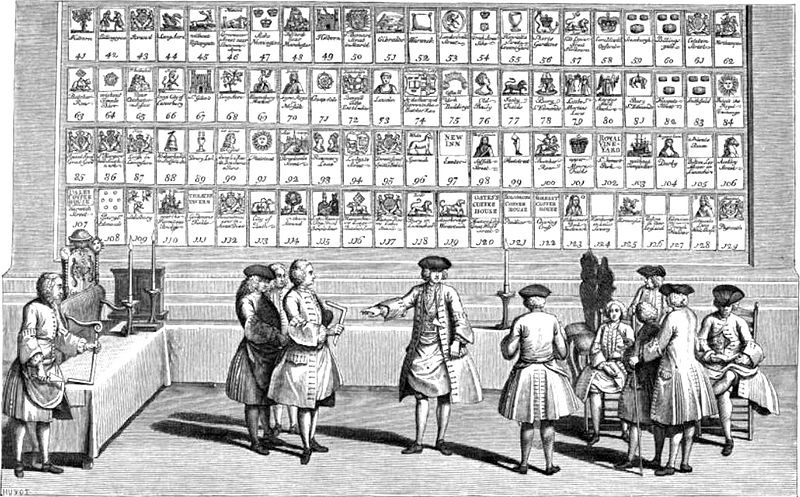Freemasonry, Civil Society, and Democracy in 18th-Century Europe and America
Taught: Fall 2015

This course investigates Freemasonry from its European origins in the Renaissance and the Scientific Revolution to its role in the American and French Revolutions. It begins by discussing the roots of Freemasonry in the radical thought of early modern Europe. A new mechanical philosophy emerged from the Scientific Revolution which brought with it the belief that the world was best understood mathematically as matter in motion. This new mechanical natural philosophy provided the basis for both moderate and radical strands of the intellectual movement known as the Enlightenment. Mainstream Freemasonry, begun with the foundation of the Grand Lodge in London in 1717, was intimately tied to the Moderate Enlightenment ideals associated with Newtonian science and the rule of a constitutional monarchy. However, Freemasonry also provided radicals, who espoused republican and sometimes even anti-Christian ideas, with a space to practice ritual fraternalism. In this course we will see how radical mechanical philosophy provided a foundation for principles of religious toleration, fraternity, and democracy, which were to be vital for the establishment of Freemasonry in Europe and America. The course concludes by looking at the ways that cosmopolitanism and exclusion were inextricably linked within Freemasonry by investigating the beginnings of African-American Freemasonry in the early American Republic.